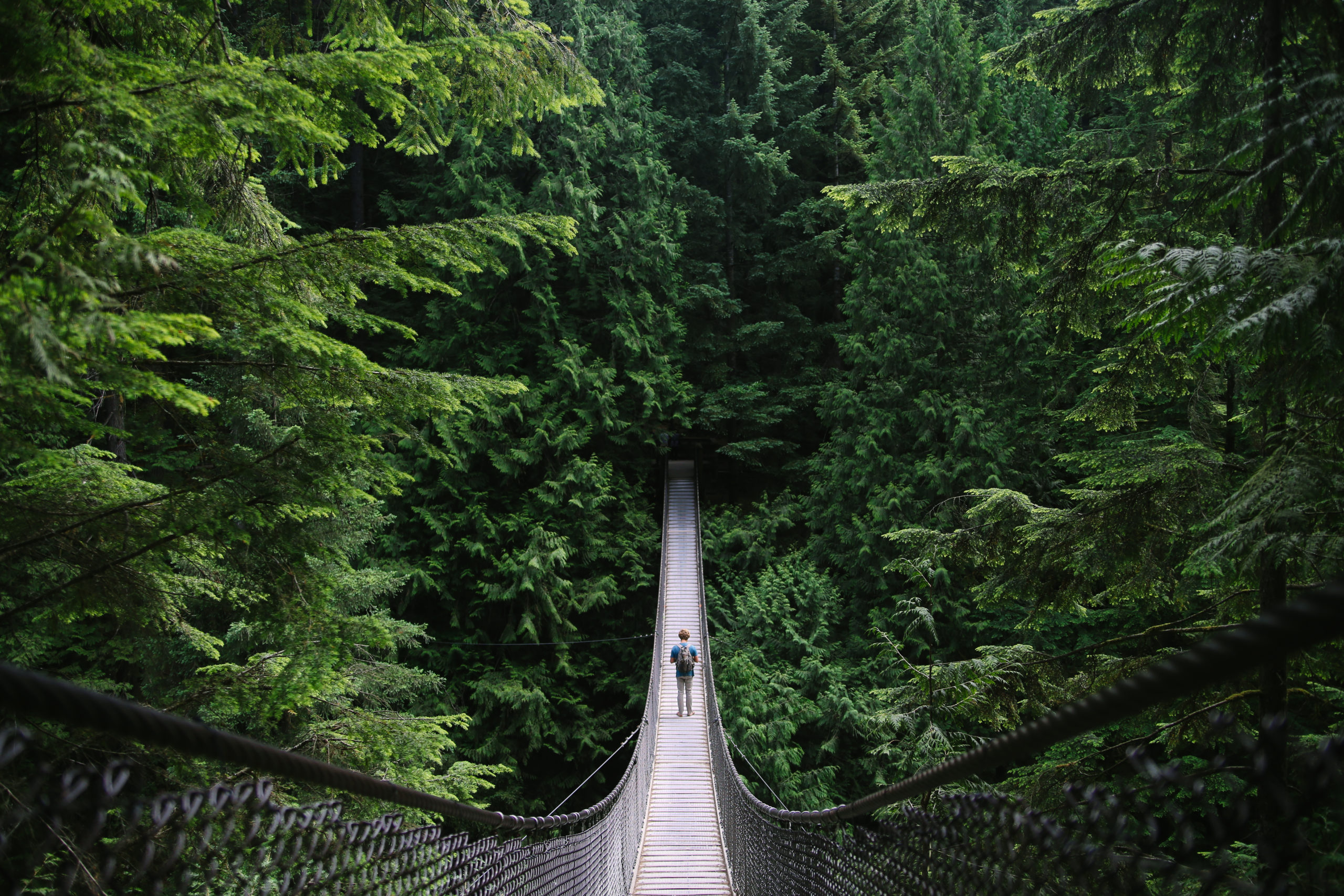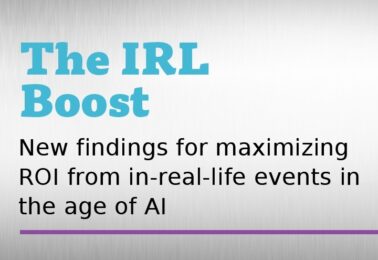It’s difficult to predict how life will change once social distancing is no longer our day-to-day reality. When we’re finally able to meet for “nonessential” activities—a designation that feels less nonessential than ever—will we still hug and shake hands, or bow and bump elbows? Will business trips decline in favor of 3-D virtual demos, virtual site inspections, and Zoom interviews? Will rows of airplane seats be separated by an empty space, ghostly reminders of the cramped closeness we’ve all occasionally complained about?
By most accounts, we’re far from finding out what’s in store anytime soon. One thing we can count on is that sanitation and hygiene will be a higher priority than ever. Hotels are upping cleaning policies, which will surely be a selling point for booking guests and events. Masks are here to stay for now; you may get dart stares if you don’t wear one during travel.
Some predictions are more nebulous, more complex. For example: How will the pandemic change our travel habits and desires?
Travel Trends Pre-pandemic
Polls and surveys in 2018 by Business Insider showed that millennials were taking the lead in travel spending, as well as changing the landscape of how vacations are taken. Millennials, more than any generation before, are likely to engage in what has become known as “bleisure” travel: mixing business with pleasure. Work trips are extended for personal experiences. Microcations have also become popular–taking shorter trips closer to home as a flexible addition to a busy work life.
Millennials account for 31.5 percent of the population, and at 36 vacation days per year they travel more than any other demographic, according to Business Insider. Travel Market Report reported that millennials spent about $5,700 annually on travel in 2018. Comparatively, baby boomers spent only $3,300 on trips. Younger travelers have distinctly different priorities in choosing travel locations and experiences, too. Millennials care about ecotourism, exploring less-discovered places, autonomy and being able to customize the particulars of their adventures. Gen Z-ers outnumber millennials, at 32 percent of the global population. They share a passion for nature experiences, but are even more influenced by social media when it comes to choosing how and where to go.
Both generations are highly driven to share it all on social media—and even to do things for the purpose of posting about them. An Expedia Media Solutions poll showed that for Gen Z-ers 87 percent of travel decisions are influenced by social media like Facebook, Instagram and Snapchat.
Behold the Travel Trend Convergence
The pre-COVID-19 travelsphere was not altogether a happy place. An article for NBC News pointed to pre-existing conditions of concern, and expressed hope that the challenges of COVID-19 would call them into the light:
“The pandemic can thus become a time of reckoning, allowing us to consider how to solve problems that have become endemic to the industry, like overdevelopment and over-tourism, indiscriminate pollution, environmental destruction [and] unfair labor conditions.”
All these issues can contribute to conditions that spread disease, which will be the paramount concern for hotels and destinations, as well as for their guests.
However, even before the pandemic, interest in nature travel, solo trips, and adventures off-the-beaten-path was growing.
Airbnb cited the following stats for 2020 travel: “Bookings for nature experiences are up 103 percent YoY, and it is the top trending category globally among Gen Z (190 percent) and baby boomers (177 percent). Animal experiences and hiking experiences are seeing significant growth as well.”
In an article for Forbes, travel-industry analyst Jay Sorensen joined a growing chorus of experts in predicting that domestic travel and short flights will spring back much more quickly than international, and that cautious travelers will opt for lower-contact transportation by car or train. Microcations to outdoor (uncrowded, fresh-air) destinations could sound like the perfect escapes for millennials and Gen Z-ers back to work but eager to travel again.
Travel Will Return
We’ll have adjust to new procedures and protocols, with concerns over sanitation and crowding at the forefront. But being on the road again remains in the American DNA. Will price points be dramatically different? Business Insider interviewed industry experts who predicted flights would go down in price to attract passengers and others who said they would rise because routes were cut or passengers would be spaced out.
Until we find out what’s ahead, we might meditate on the essential nature of travel as expressed by Mark Twain:
“Travel is fatal to prejudice, bigotry, and narrow-mindedness, and many of our people need it sorely on these accounts. Broad, wholesome, charitable views of men and things cannot be acquired by vegetating in one little corner of the earth all one’s lifetime.”




